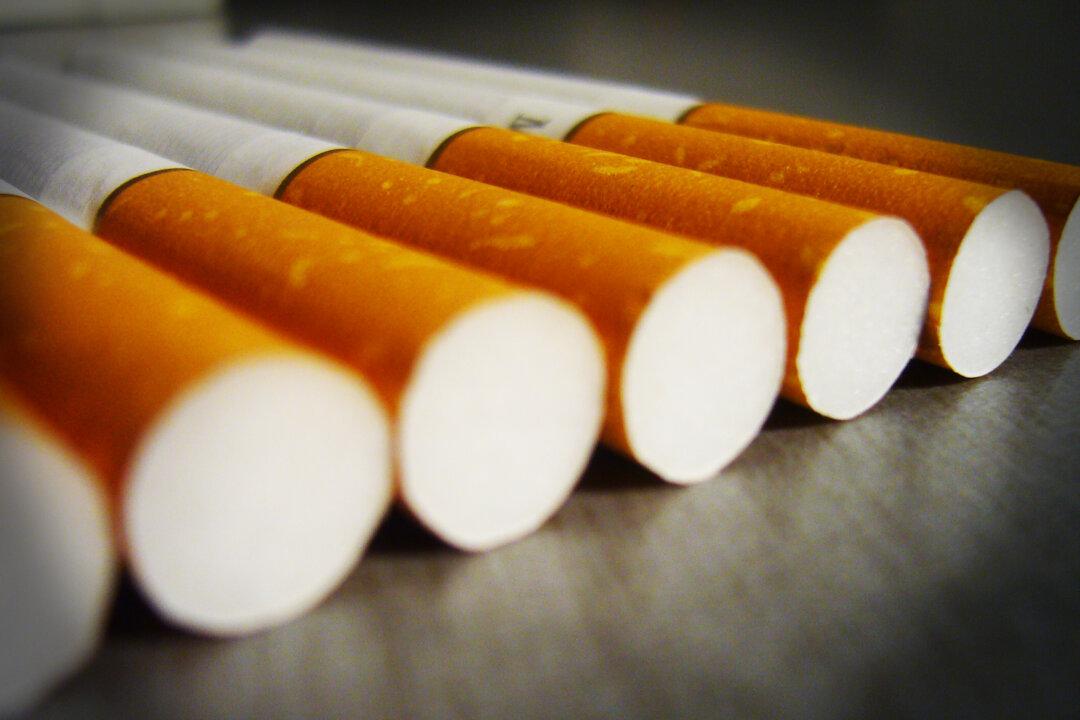New Zealand announced it plans to ban the sales of cigarettes to the next generation as part of the government’s new plan to make the country smokefree.
“This is a historic day for the health of our people,” Associate Minister of Health Ayesha Verrall said during the announcement of the Smokefree 2025 Action Plan on Dec. 9.





